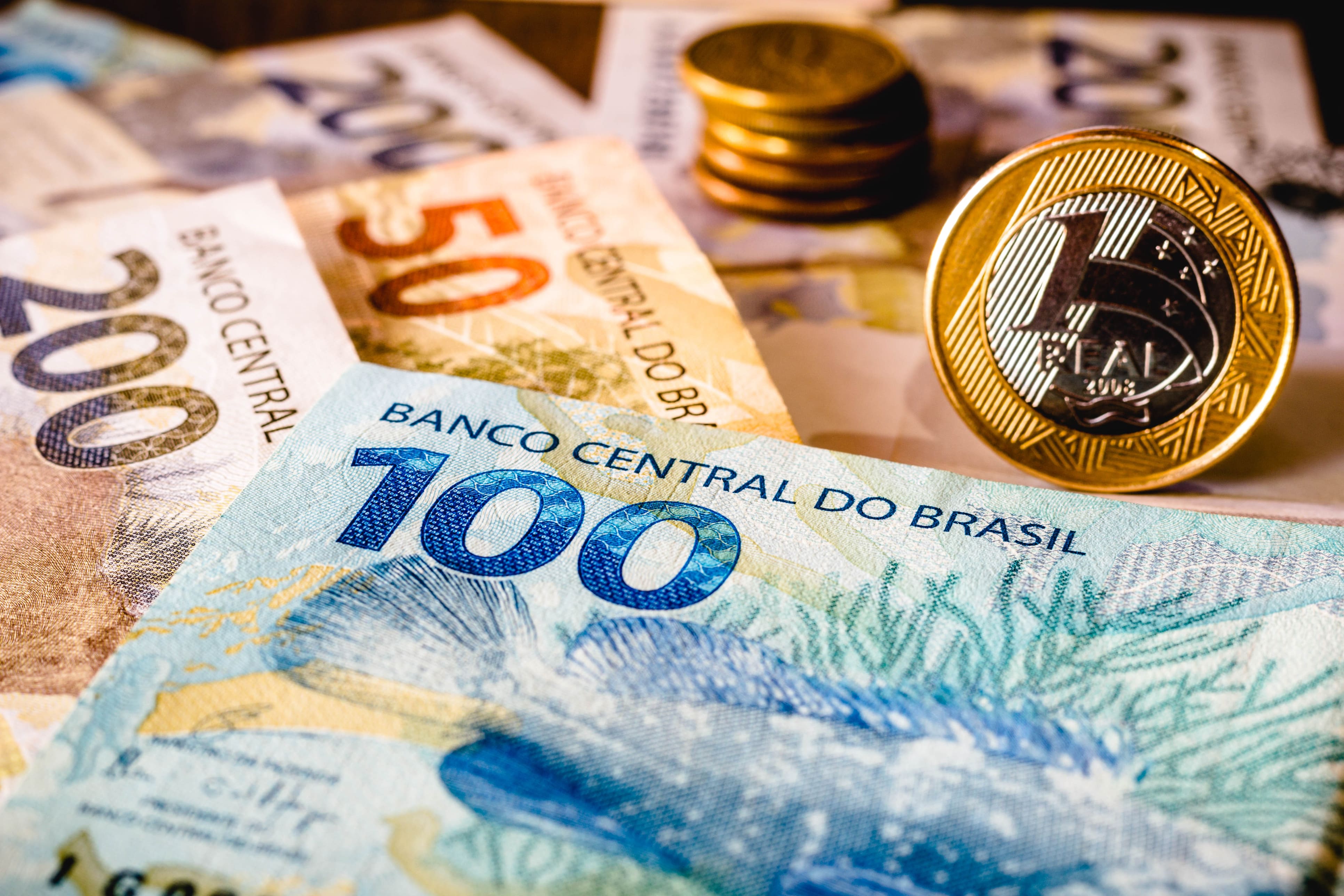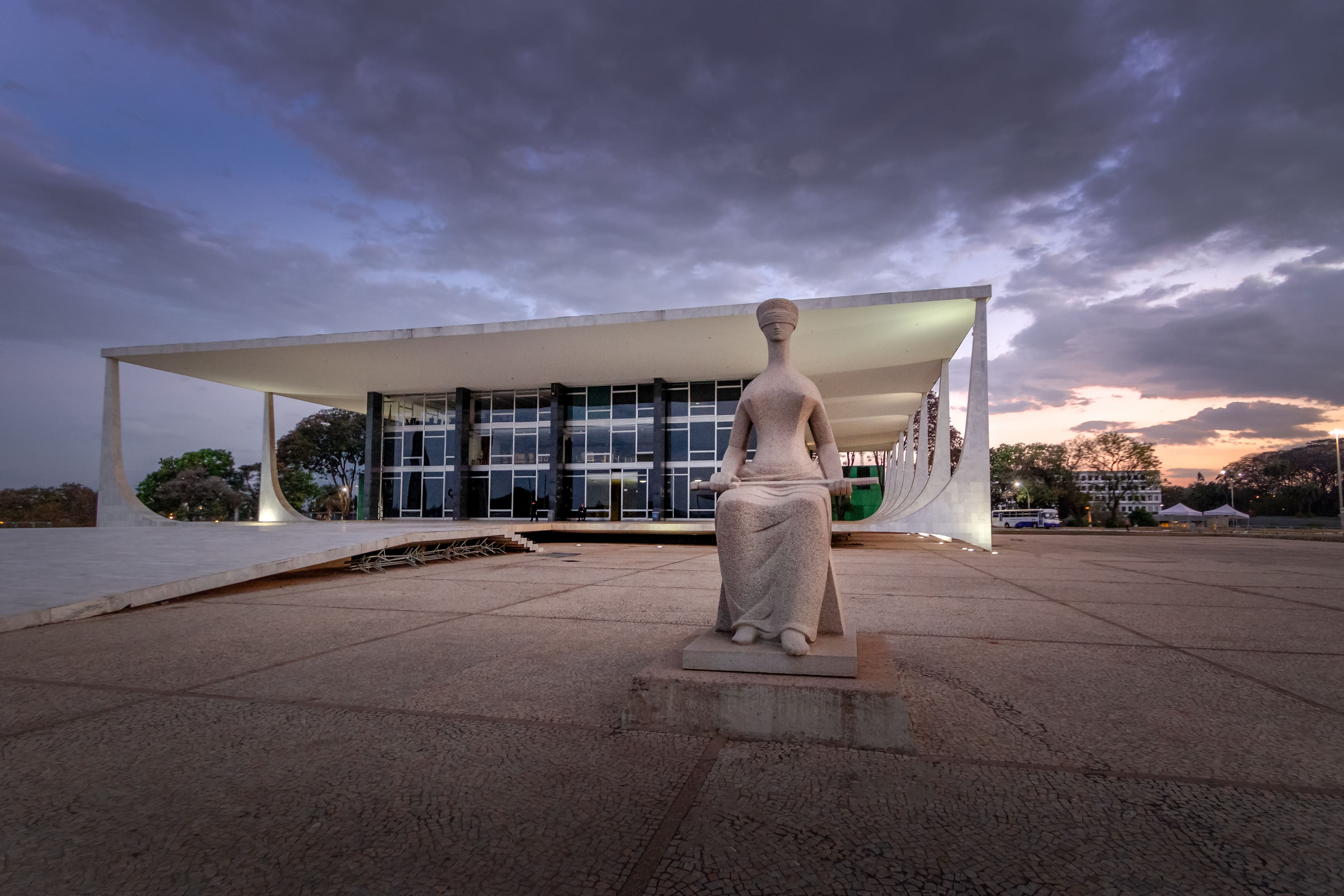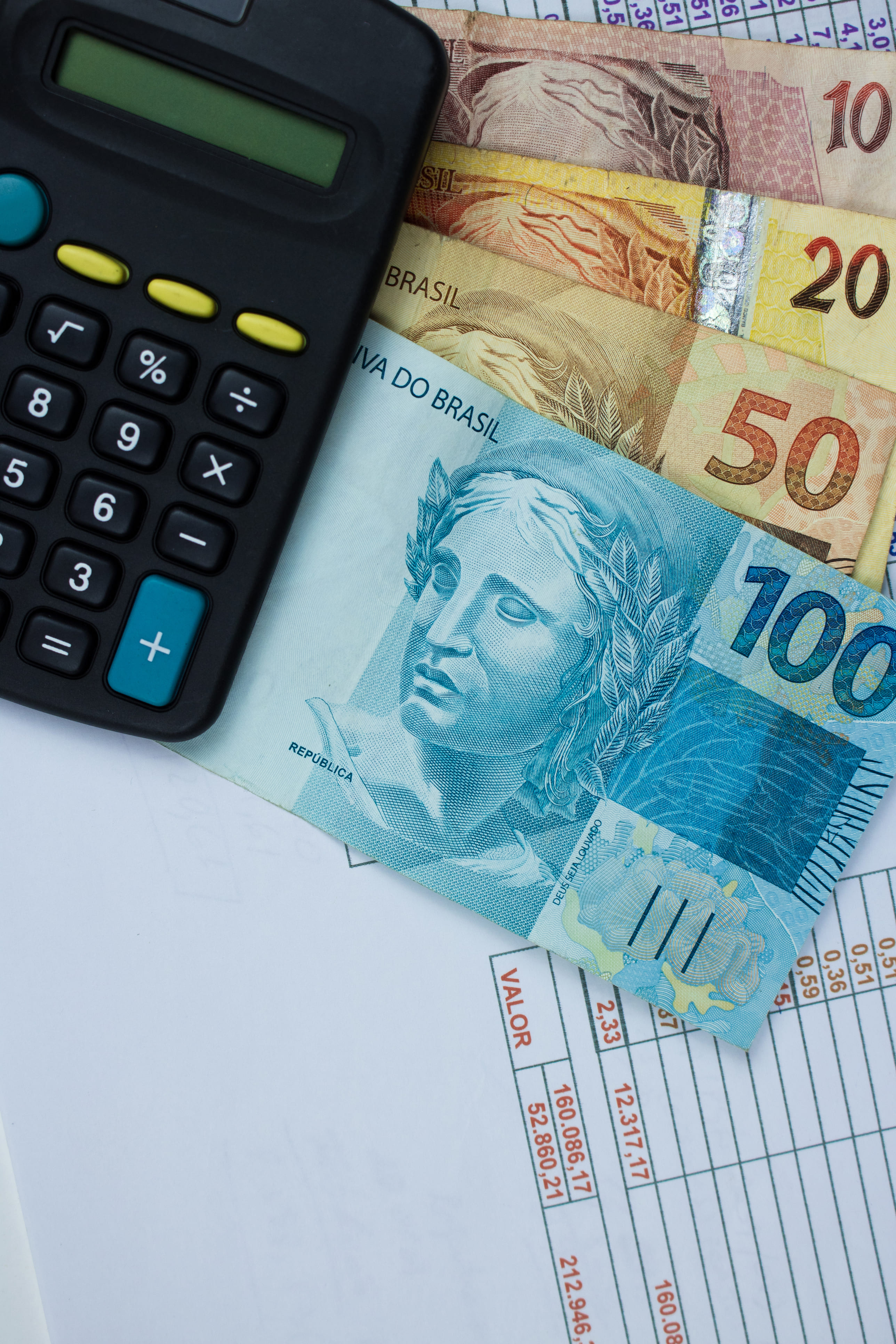
In a global environment shaped by rising trade tensions, disputes over strategic supply chains, and an accelerated energy transition, Brazil occupies a unique position. The country is pursuing greater geopolitical and economic autonomy while maintaining strong relations with major global powers, such as the United States and China, reinforcing its presence within the BRICS, and advancing trade negotiations with key blocs, including Mercosur and the European Union. The anticipated ratification of the Mercosur-EU agreement, after years of deadlock, further signals Brazil’s intention to expand its international reach.
Until recently, global production was largely driven by cost-efficiency. However, with the escalation of trade wars and the rise of tariff barriers, taxation has become a central factor in the reconfiguration of global supply chains. In this new scenario, Brazil, facing some of the lowest U.S. tariff rates globally, at around 10%, is emerging as a viable export platform for multinational companies. A clear example of this shift is the increase in agribusiness exports to China.
The Brazilian government has adopted a multifaceted economic diplomacy strategy, focusing on expanding trade agreements and reaffirming its institutional stability. This approach, combined with structural reforms and new mechanisms to attract private capital, has positioned Brazil as a key player for investors seeking geographic diversification with security. In a context of global instability, Brazil stands out as a strategic destination for Foreign Direct Investment (FDI), offering a powerful combination of advantages: abundant natural resources, a diversified energy matrix, a modernizing regulatory environment, and relative legal predictability. These fundamentals provide a solid foundation for long-term projects with sustainable returns.



Want to stay updated with all of our
latest news and information? Enter
your email below and we’ll add you
to our mailing list.
.webp)